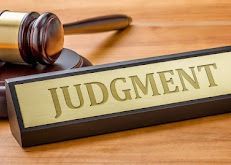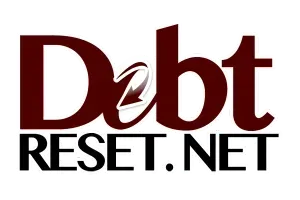Understanding Chapter 7 Basics
Chapter 7 bankruptcy is a legal process designed to help individuals and businesses that are struggling with overwhelming debt. It is the most common type of bankruptcy in the United States and can provide significant relief to those who qualify.
The purpose of Chapter 7 bankruptcy is to discharge or eliminate most of your unsecured debts, such as credit card bills, medical bills, and personal loans. This means that you will no longer be responsible for paying off these debts, and creditors will no longer be able to pursue you for payment. In addition, certain assets may be exempt from liquidation, allowing you to keep most of your property.
To file for Chapter 7 bankruptcy, you must first pass the means test. This test compares your income to the median income in your state, and if your income is below the median, you may be eligible for Chapter 7. If your income is above the median, you may still be eligible if you can show that you do not have enough disposable income to pay off your debts, or if you qualify for an exception to the means test. The common exceptions include being a disable veteran or currently serving as a reservist or nation guard member. You may also qualify for an exception to the means test if the majority of your debt is business related.
Once you have passed the means test and filed for Chapter 7 bankruptcy, an automatic stay will go into effect. This means that creditors must stop all collection efforts, including phone calls, letters, and lawsuits. The bankruptcy court will appoint a trustee to manage your case and liquidate any non-exempt assets to pay off your creditors.
While Chapter 7 bankruptcy can provide significant relief, it is important to understand that it may have short-term consequences. Your credit score may be negatively affected, and the bankruptcy will remain on your credit report for up to ten years. In addition, certain debts, such as student loans and tax debts may not be discharged in Chapter 7, unless certain additional factors are met.
If you are considering filing for Chapter 7 bankruptcy, it is important to consult with a qualified bankruptcy attorney. We can help you understand your options, navigate the complex legal process, and ensure that your rights are protected.
In conclusion, Chapter 7 bankruptcy can be a powerful tool for those struggling with overwhelming debt. While it may have short-term consequences, it can provide significant relief and a fresh start. If you are considering bankruptcy, it is important to understand your options and seek the advice of a qualified attorney.



